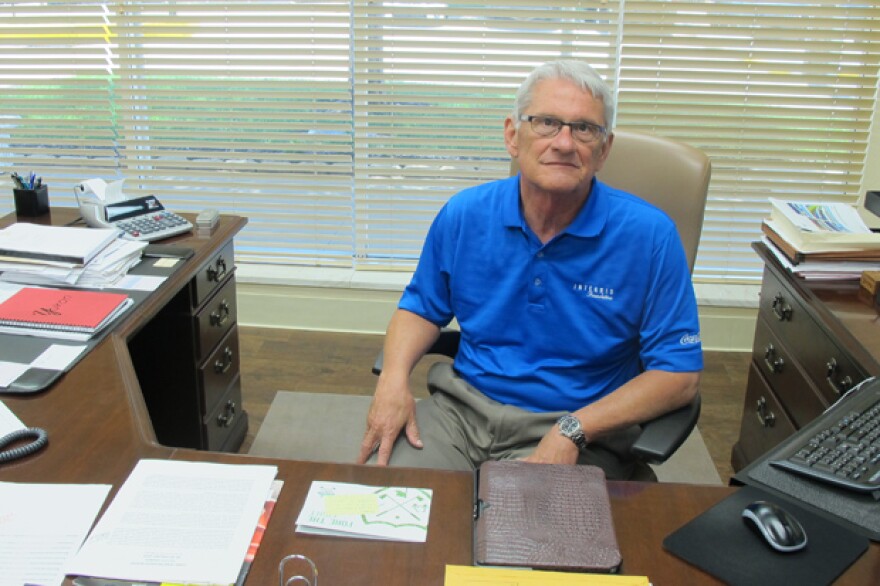Oklahoma City has been pumping water out of southeast Oklahoma along the Atoka pipeline for 50 years. But in the future, the aging pipeline won’t be able to carry enough water to meet the growing needs of Oklahoma City, let alone the rest of central Oklahoma,so the plan is to build another one right next to the existing one. Oklahoma City Utilities Director Marsha Slaughter:
“Yeah, have to, have to. It’s about how big the pipeline will be and whether a third one will be necessary at some point in the future,” Slaughter says. “Because we already have 117 miles of pipeline to southeast Oklahoma, it makes sense for us to continue to grow that supply.
17 central Oklahoma communities formed a partnership with Oklahoma City to build a new 100-mile pipeline to get the water, but that water coalition has crumbled.
The second Atoka pipeline, and another, smaller pipeline that would connect to Sardis Lake, also in the southeast, could quench the growing thirst for all of central Oklahoma. That was the conclusion of a study commissioned by the cities.
Sharing the water, and the costs to get it, seemed to make sense. When the results of the study were presented in 2009, the mantra was clear, when it comes to water, we’re all in this together.
But almost as soon as the study was released, the idea began to fizzle, mainly because of the high cost: $1 billion for the new Atoka pipeline, and another $300 million or so for the connection to Sardis later. It was too much for Yukon City Manager Grayson Bottom, and most of the cities StateImpact contacted.

“When we got to looking at the plans, it was all to go get — they were horribly expensive, horribly expensive. And we were going to be at the end of the line,” Bottom says. “That wasn’t going to work for us.”
Instead, Yukon, Mustang and other Canadian County cities have an expensive solution: building a facility to desalinate groundwater. At a cost of more than $60 million, it’s still the cheaper option.
But that’s not the only reason the partnership is off. The Choctaw and Chickasaw Nations have sued to stop the pipeline. Randy Worden is the executive director of the Central Oklahoma Master Conservancy District, which provides Lake Thunderbird water to Norman, Midwest City and Del City.
“There’s no guarantee, yet, that Oklahoma City will get what they want. The tribes are not through. They want to determine just whose water that is. The tribes certainly feel like it’s theirs under treaties,” Worden says.
He says litigation like that can take decades and doesn’t blame his three cities for backing out. Norman held onto the idea longer than any city, but decided last month to focus instead on water reuse and groundwater wells. Like the other cities, it wants to be self-reliant, and Oklahoma City’s Marsha Slaughter understands that desire for independence.
“My experience is that all communities want full control of their own destiny and that water is part of that control,” Slaughter says.
Many of the cities in the proposed partnership were already buying water from Oklahoma City, which is pushing hard to get the pipeline built. Slaughter says OKC’s future water needs depend on it. So even though other cities have backed away from the pipeline, they may pick up part of the bill. Because Slaughter says the only way to pay off a billion dollar pipeline is to make cities pay more for the water they’ve been getting.
---------------------------------------------------
StateImpact Oklahoma is a partnership among Oklahoma’s public radio stations and relies on contributions from readers and listeners to fulfill its mission of public service to Oklahoma and beyond. Donate online.







